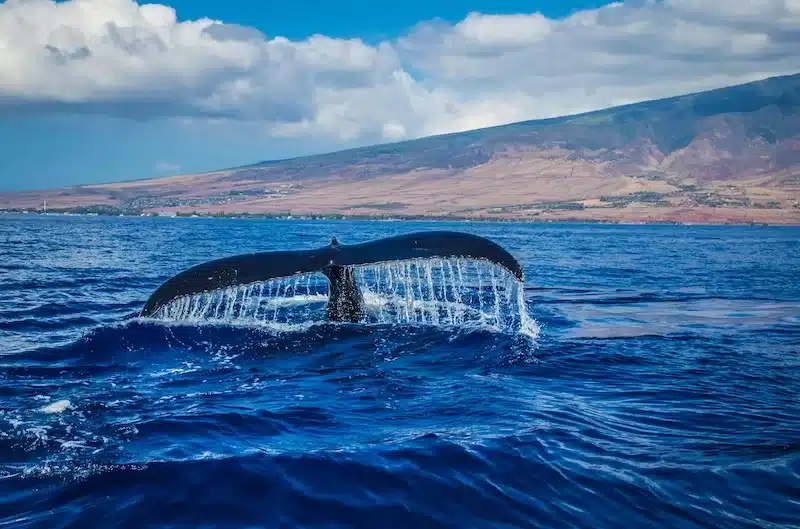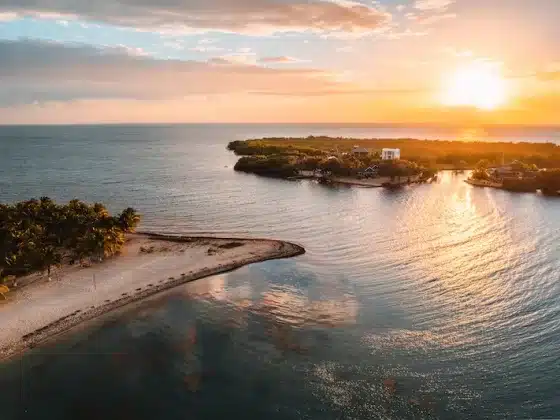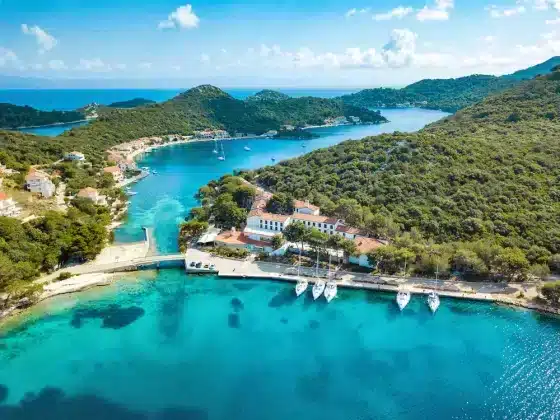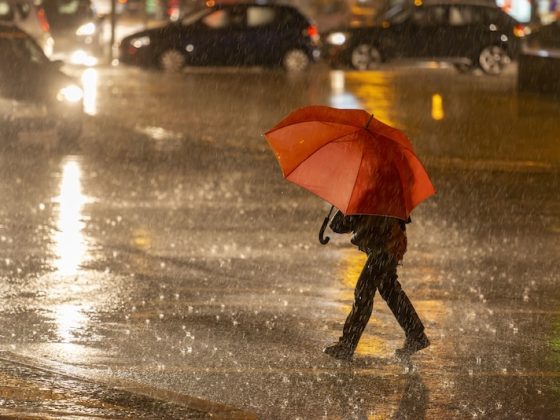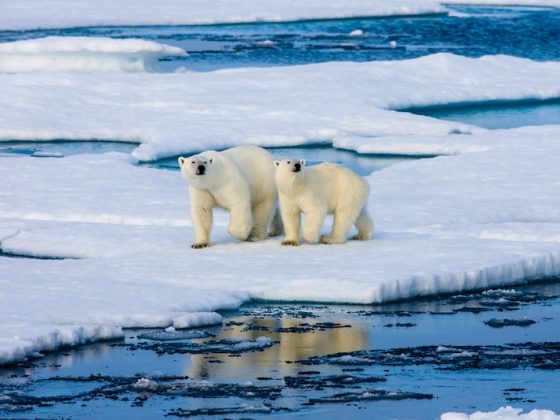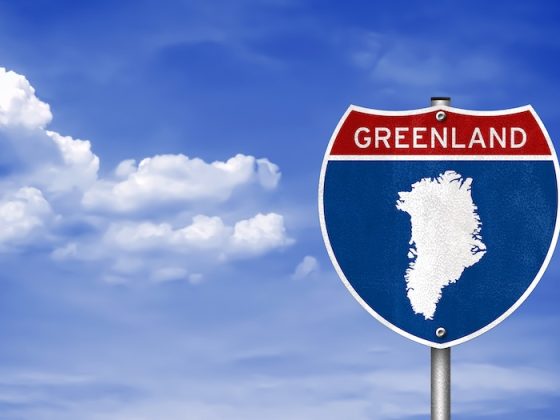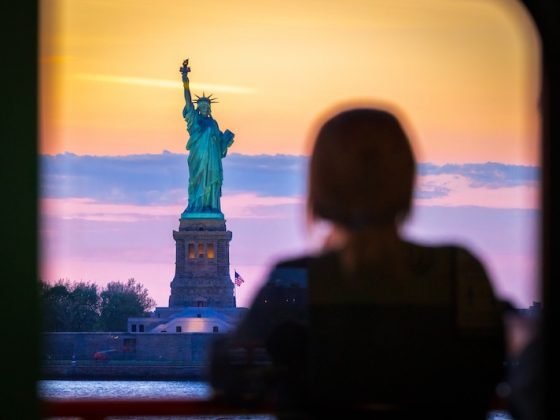This week’s headlines cover energy, weather, science, and spectacle, with stories that stretch from ancient fossils to futuristic theme parks. China buys up discounted Russian oil as India pulls back in the wake of Trump’s tariffs, reshaping global trade flows. Scientists warn that cloudbursts—sudden, deadly downpours—are becoming more dangerous in a warming climate.
Meanwhile, archaeologists in Africa reveal fossils suggesting two different human ancestors shared the same ground, raising questions about a possible unknown species. Meanwhile, Hurricane Erin brings dangerous surf to the U.S. East Coast, as Abu Dhabi positions itself as the world’s next theme park capital with its own “Disneyland.” And in Scotland, a surge in whale and dolphin strandings sparks concern about marine health and changing seas.
Crude Calculations
China has sharply increased imports of Russian oil after Trump’s new tariffs cut India’s appetite for discounted crude. Shipping data shows Beijing snapping up volumes once earmarked for Indian refiners, solidifying Russia’s pivot eastward in the face of Western sanctions. Analysts say the trade has given Moscow a financial lifeline while reshaping flows across global energy markets.
For African exporters, the ripple effects are striking. With Washington’s tariffs pushing economies closer to Beijing, countries from Angola to Nigeria are strengthening ties with China through infrastructure and resource deals. The shift underscores how geopolitical fractures are redrawing the global oil map—linking supply, diplomacy, and dependency in ways travelers and expats alike will feel in the years to come.

Cloudburst Threats
Once considered rare, “cloudbursts”—sudden deluges that can dump several inches of rain in an hour—are drawing new scrutiny as climate change warms the atmosphere. Scientists warn that rising temperatures allow clouds to hold more moisture, increasing the risk of flash floods in mountain and monsoon regions.
Recent events in South Asia have proven deadly, with entire villages swept away by walls of water. For travelers and residents alike, the danger lies in how little warning these storms provide. Researchers say better forecasting and urban planning are essential, but the phenomenon highlights how climate change is intensifying the planet’s most extreme weather patterns.
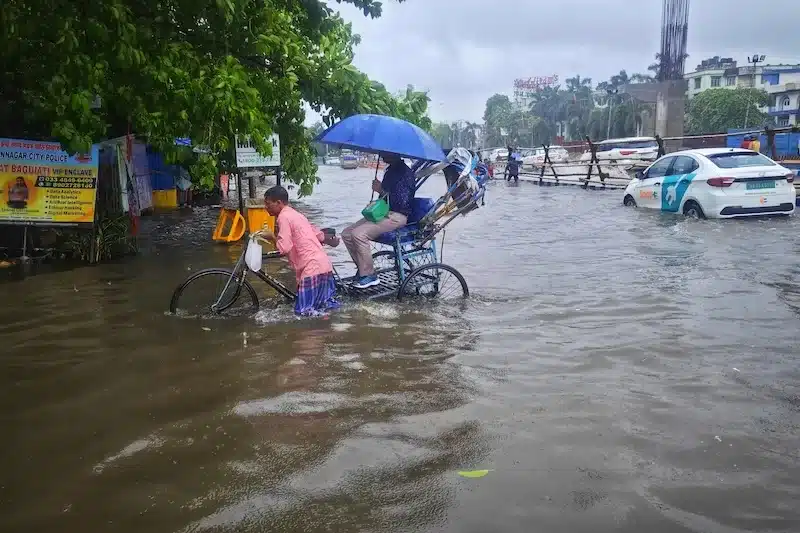
Ancient Neighbors
Newly unearthed fossils in East Africa suggest two types of human ancestors lived side by side more than two million years ago—one possibly an unknown species. The discovery, including distinct skull fragments and jawbones, challenges long-held theories of a simple, linear path of human evolution.
Anthropologists say the coexistence of different hominin groups paints a far more complex picture of survival, competition, and adaptation. For cultural travelers and science enthusiasts, the findings add another layer to Africa’s role as humanity’s cradle—a reminder of how much we’ve yet to uncover about our shared past.

Hurricane Watch
Hurricane Erin, now spinning in the Atlantic, is producing dangerous surf and rip currents along much of the U.S. East Coast. While the storm itself is expected to remain offshore, forecasters warn that its size and strength make it a hazard for beachgoers from Florida to New England.
Behind Erin, a new tropical system is already brewing, raising fears of a busy hurricane season. For coastal communities and travelers alike, the storms are a reminder of how quickly conditions can change along some of the world’s most popular seaside destinations.
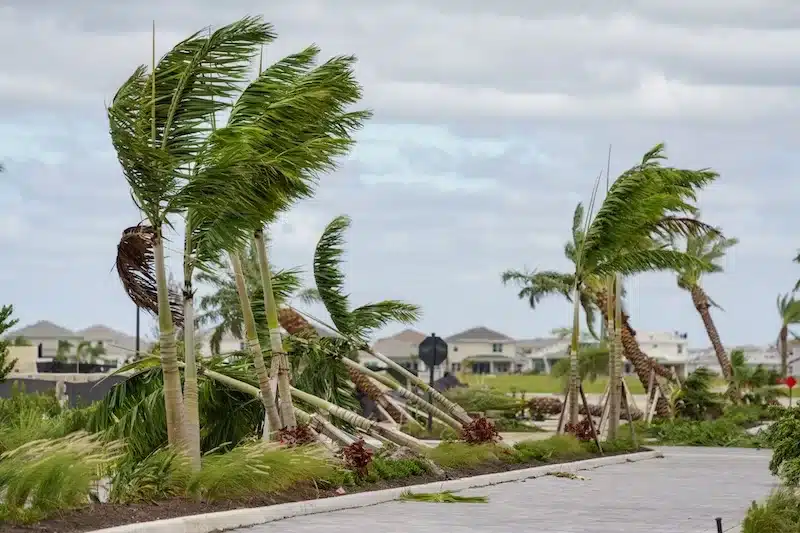
Desert Disneyland
Abu Dhabi is set to challenge Orlando and Tokyo as the world’s theme park capital with plans for a sprawling “Disneyland” complex in the Arabian desert. The park will anchor the emirate’s broader strategy to diversify tourism, complementing existing attractions like Ferrari World and Warner Bros. World.
Officials hope the project will lure millions of international visitors, positioning Abu Dhabi as a family-entertainment hub to rival Dubai’s luxury focus. For travelers, it signals the Gulf’s growing ambition not just to import global culture—but to shape where the world goes to play.

Stranding Surge
Scotland has reported a dramatic rise in whale and dolphin strandings, with marine experts scrambling to identify the cause. In the past year alone, recorded incidents have nearly doubled, affecting species from pilot whales to rare beaked dolphins.
Researchers point to possible links with naval sonar, shifting fish stocks, and changing sea temperatures. For conservationists, the trend is alarming: strandings not only devastate local populations but also reveal deeper stresses in the marine environment.
Read more like this: Last week’s Global News Roundup
Contact Author
"*" indicates required fields
Stay Ahead on Every Adventure!
Stay updated with the World News on Escape Artist. Get all the travel news, international destinations, expat living, moving abroad, Lifestyle Tips, and digital nomad opportunities. Your next journey starts here—don’t miss a moment! Subscribe Now!
